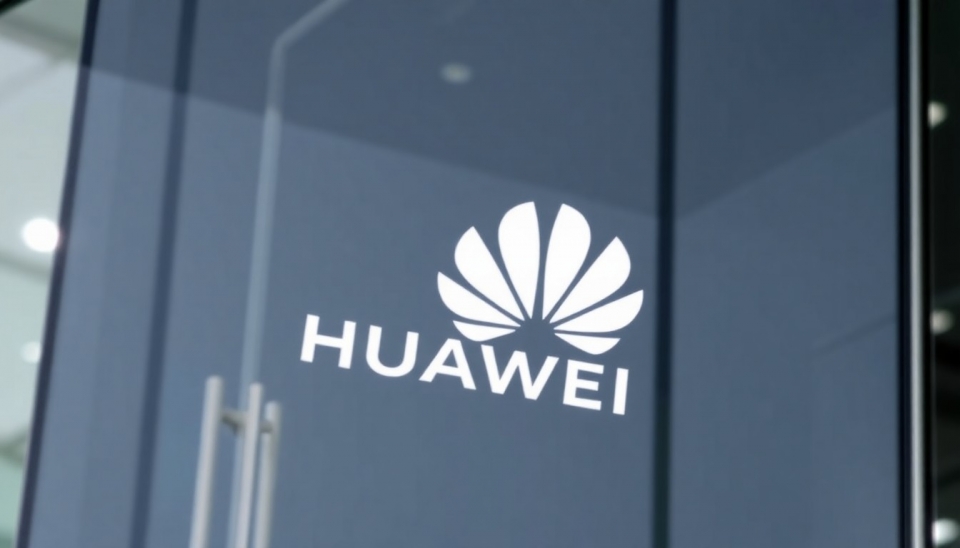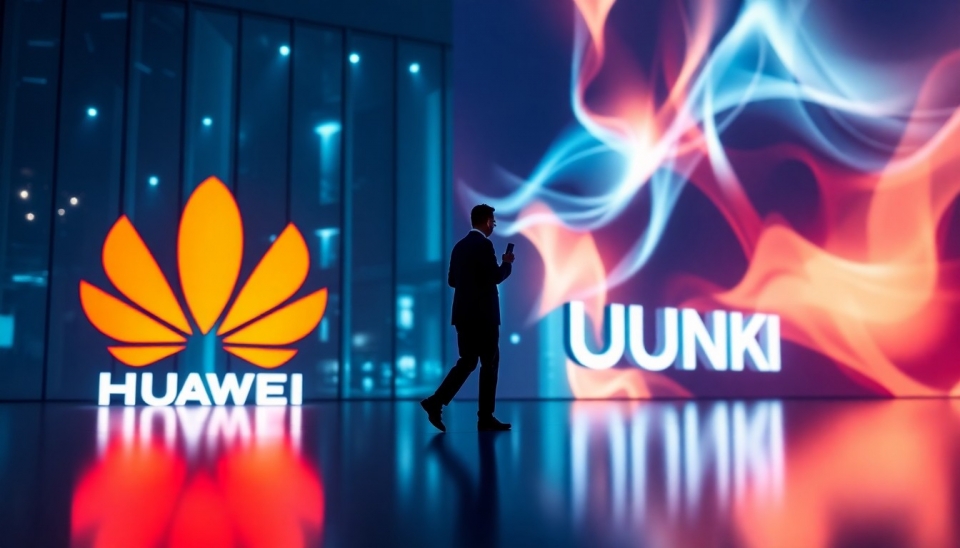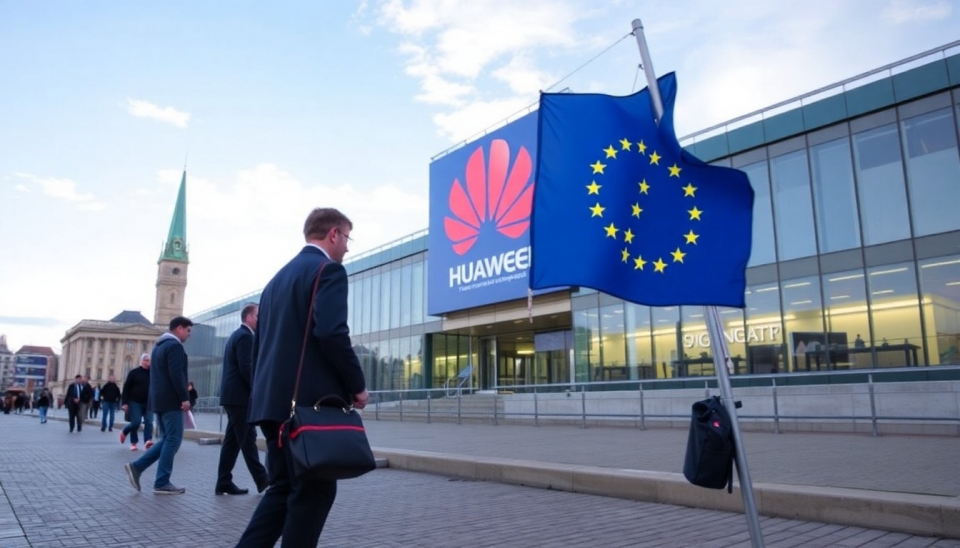
In a significant development, Belgian authorities have officially charged eight individuals in connection with a sweeping corruption investigation linked to Chinese telecommunications giant Huawei. This high-profile probe has sent ripples through the European political landscape, raising concerns about corporate governance and the integrity of public officials in dealings with foreign corporations.
The investigation has been centered on alleged bribery and corruption practices relating to Huawei's operations and dealings within Belgium. Authorities allege that these actions were aimed at securing favorable treatment and contracts over competitors, raising serious ethical questions about the intersection of business and politics in an increasingly digitized world.
Among those charged include high-ranking officials, who are accused of having received unlawful benefits in exchange for promoting Huawei's interests in the region. The scandal has sparked outrage, leading to calls for increased transparency and stricter regulations surrounding corporate lobbying and foreign investment in critical infrastructure.
This case is not the first time Huawei has faced scrutiny on a global scale. The company has been the subject of numerous investigations in various countries over allegations concerning espionage, fraud, and other infractions. This newfound attention from Belgian authorities signals a potential shift in how European nations are approaching foreign telecommunications investment, particularly in light of security concerns and geopolitical tensions.
As part of the investigation, Belgian authorities have employed substantial resources to uncover the intricacies of the alleged corrupt network. The use of advanced forensic accounting techniques and collaboration with international partners has been pivotal in tracking suspicious financial transactions and communications. Investigators aim to bring accountability not only to the individuals involved but also potentially to Huawei itself, which faces mounting scrutiny around the globe.
The ramifications of this case extend beyond Belgium’s borders, as it raises critical implications for multinational corporations operating in Europe. It underscores the importance of ethics in corporate governance and the need for vigilance against potential corruption that can undermine public trust in institutions. The outcome of this investigation may impact Huawei’s ongoing operations in Europe, posing challenges as the tech giant seeks to navigate a complex landscape of regulatory scrutiny.
As more details emerge, the focus will be on the judicial process and whether the charges lodged against these individuals will lead to convictions or further trials, setting a precedent for future corporate accountability in the region. The broader implications for international business relations and technological collaboration remain to be seen, but this case could usher in a newfound caution among companies engaged in foreign markets.
This ongoing investigation is poised to capture attention at both the political and corporate levels, as stakeholders await the courtroom battles that may unfold in the coming months. Public sentiment leans toward a demand for higher standards in business ethics, suggesting that this case might provoke a larger discourse on corporate responsibility in the age of globalization.
As Belgium continues to navigate this intricate web of allegations and charges, the world watches closely, anticipating the consequences for both the individuals charged and the multinational corporation at the center of the controversy.
#Belgium #Huawei #Corruption #Bribery #Telecommunications #Investigation #CorporateGovernance #Ethics #InternationalRelations #Justice
Author: Liam Carter

